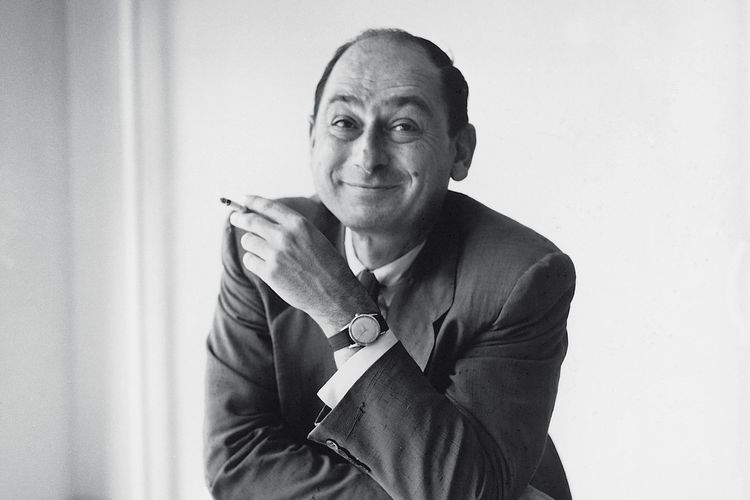ProductsChairsLounge chairsSofasOffice chairsChaises longuesStools & benchesSculpturesConference chairsAirport seatingStorage spaceMicro architectureDining tablesCafé tablesCoffee & side tablesDesksOffice furniture systemsConference systemsLightingClocksDecorative objectsCoat racks & wall shelvesTrays & vesselsNewBestsellerQuickly availableColour & materialAlexander Girard Antonio CitterioBarber OsgerbyCharles & Ray Eames George NelsonHella JongeriusIsamu NoguchiLounge chair finderOffice chair finderGift finderCare & repairSpare partsCare productsManufacturer warrantyVitra Circle StoresEndless configurations for all needs: Anagram SofaWe have a gift for you!InspirationsLiving roomDining roomHome OfficeChildren's roomOutdoorHome StoriesAugmented RealityColours & materialsWorkspaceFocusMeetingWorkshopClub OfficeCitizen OfficeStudio OfficeDynamic SpacesHospitalityAirportsEducationCo-WorkingHealthcareOur ClientsA case for classicsOffice chairsDancing OfficeHome StoriesAugmented Reality - bring Vitra products into your homeA case for classicsColour & materialAn open house A leading space for a leading art collegeHigh comfort of low energyAn office landscape - without walls or partitionsServicesCare & repairSpare partsCare productsManufacturer warrantyFAQ and contactInstructionsInstructions for earlier productsConsulting & Planning StudioVitra Circle StoresConsulting & planning in the VitraHausOutdoor care instructionsRepair, maintenance, overhaul at the Vitra Circle Store Campus ProfessionalsCAD dataProduct factsheetsCertificatesBrochuresSustainability reportInstructionsEcology informationpConPlanning examplesColour & Material LibraryCertificates and standardsTo the dealer loginOur ClientsAnagram SofaMikadoTyde 2 on castorsACXDancing OfficeOffice chairsMagazineStoriesConversationsExhibitionsDesignerProject VitraJust Do It!EVER GREENWhy the Eames La Fonda Chair was designedWhen a Sofa is more than just a Sofa: Anagram100% virgin wool – 100% recyclableAn archive is like a time capsuleVitraHaus Loft - A conversation with Sabine MarcelisWalking the talkA 1000 m2 piece of furnitureFrom a toy to an objectA studio visit with Tsuyoshi TaneThe Eames Collection at the Vitra Design MuseumAbout the partnership between Eames and VitraVitra CampusExhibitionsGuided tours & workshopsFood and drinkShoppingActivities for familiesArchitectureYour eventPlan your visitVitra Campus appCampus EventsNewsVitraHausVitra Design MuseumVitra SchaudepotVitra Circle Store CampusOudolf GartenAbout VitraSustainabilityJobs & CareersDesign processThe Original is by VitraHistory - Project Vitra
Biography
George Nelson, born 1908 in Hartford, Connecticut (USA), studied architecture at Yale University. A fellowship enabled him to study at the American Academy in Rome from 1932 to 1934. In Europe, he became acquainted with the major architectural works and leading protagonists of modernism.
In 1935, Nelson joined the editorial staff of the 'Architectural Forum', where he was employed until 1944. A programmatic article on residential building and furniture design, published by Nelson in a 1944 issue of the journal, attracted the attention of D.J. DePree, head of the furniture company Herman Miller, Inc. A short time later, George Nelson took on the position of Design Director at Herman Miller. Remaining there until 1972, he became a key figure of American design; in addition to creating furnishings for the home and office, Nelson also convinced the likes of Charles and Ray Eames, Isamu Noguchi and Alexander Girard to work for Herman Miller.
In 1935, Nelson joined the editorial staff of the 'Architectural Forum', where he was employed until 1944. A programmatic article on residential building and furniture design, published by Nelson in a 1944 issue of the journal, attracted the attention of D.J. DePree, head of the furniture company Herman Miller, Inc. A short time later, George Nelson took on the position of Design Director at Herman Miller. Remaining there until 1972, he became a key figure of American design; in addition to creating furnishings for the home and office, Nelson also convinced the likes of Charles and Ray Eames, Isamu Noguchi and Alexander Girard to work for Herman Miller.
‘The objective should be to keep improving one’s basic product.’
George Nelson
In 1957, Vitra founder Willi Fehlbaum signed his first licence agreement with Herman Miller to produce furniture for the European market. During the ensuing decades of the collaboration with Vitra, a close friendship evolved between George Nelson and Rolf Fehlbaum, who later said about Nelson: 'No other prominent designer spoke as intelligently or wrote as coherently about design'. Nelson expressed his thoughts on design topics in numerous articles and eleven books; his seminal treatise 'How to See' was recently reissued in a new edition by Phaidon.
Along with his position as Design Director at Herman Miller, Nelson opened his own design office in 1947, George Nelson Associates, Inc., working together with such outstanding employees as Irving Harper, Ernest Farmer, Gordon Chadwick, George Tscherny and Don Ervin to create countless products and objects, some of which are now regarded as icons of mid-century modernism. His architectural work included numerous private residences. The Sherman Fairchild House (1941) attracted considerable attention, and his Experimental House exemplified his interest in prefabricated building and flexible floor plans.
George Nelson died in New York in 1986. His estate, which is held by the Vitra Design Museum, encompasses roughly 7400 manuscripts, plans, drawings, photographs and slides dating from 1924 to 1984. In 2008/09, the Vitra Design Museum mounted the exhibition 'George Nelson – Architect, Writer, Designer, Teacher.
George Nelson died in New York in 1986. His estate, which is held by the Vitra Design Museum, encompasses roughly 7400 manuscripts, plans, drawings, photographs and slides dating from 1924 to 1984. In 2008/09, the Vitra Design Museum mounted the exhibition 'George Nelson – Architect, Writer, Designer, Teacher.
Herman Miller & Vitra
Herman Miller and Vitra are two independent companies with a common interest in the designs and legacies of Charles and Ray Eames, George Nelson, and Alexander Girard.
Discover more
